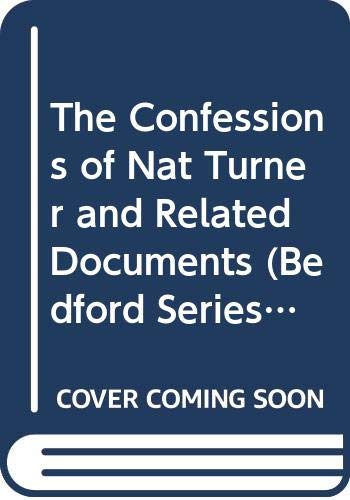What do you think?
Rate this book


Careful study of the Nat Turner slave rebellion of 1831 reveals much about master, slaves, and the relationship between them in the antebellum South. The central document in this volume — Nat Turner's confession follwing the rebellion in Virginia — is supported by newspaper articles, trial transcripts, and excerpts from the diary of Virginia governor John Floyd.
148 pages, Hardcover
First published March 1, 1996